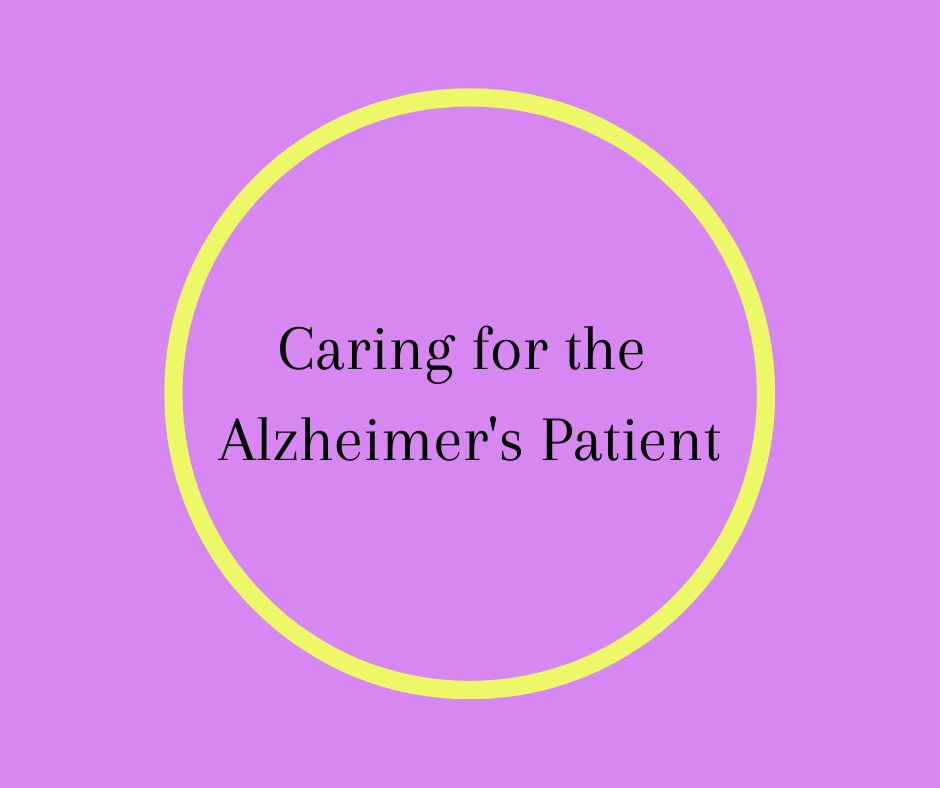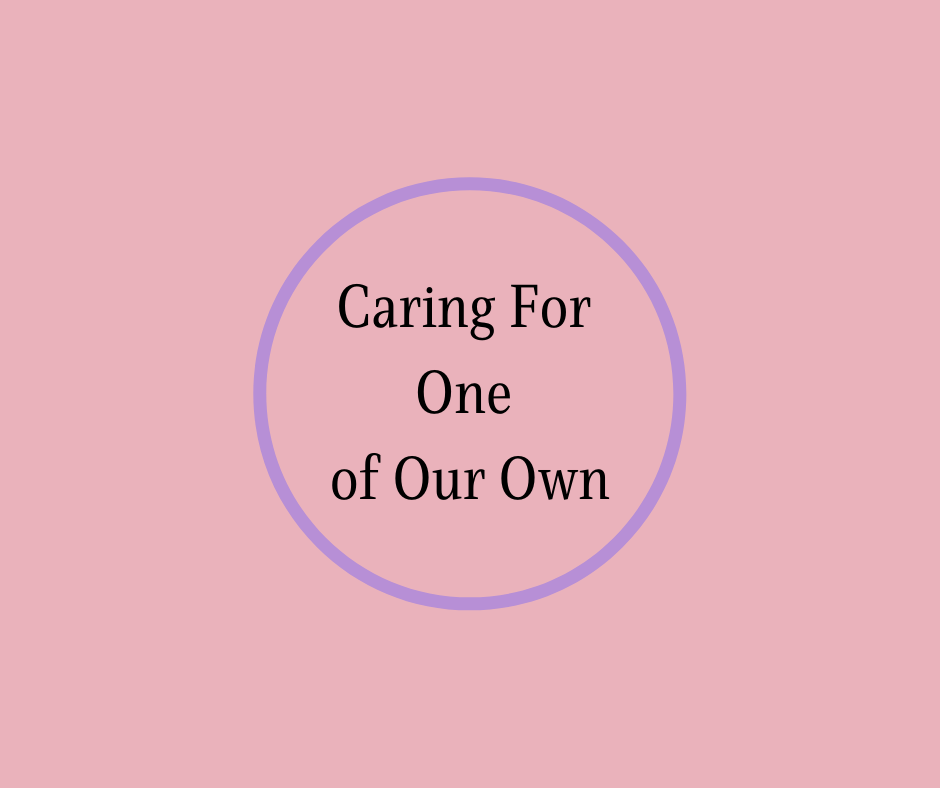QUESTION: A co-worker's parents died this year, within 2 months of each other. I've heard of this happening, "dying of a broken heart" maybe? Can you comment on this?
In a research study in 2012, "Mortality After the Death of a Spouse: Rates and Causes of Death in a Large Finnish Cohort", it was concluded that “excess mortality among the bereaved was high from accidental, violent, and alcohol-related causes (50% to 150%), moderate for chronic ischemic heart disease and lung cancer (20% to 35%), and small for other causes (5% to 15%). Excess mortality was greater at short ( < 6 months) rather than long durations of bereavement and among younger rather than older bereaved persons for most causes of death; it was also greater among men that women. CONCLUSIONS. The results are consistent with the hypothesis that excess mortality after the death of a spouse is partly caused by stress. The loss of social support or the inability to cope with stress may explain why men suffer from bereavement more than do women”.
Stepping outside the box of traditional thinking and into a philosophical/metaphysical realm, here are my ideas, without research to back me up, just something to think about.
I know “dying of a broken heart” is used frequently when death comes as a result of a tragic life event. I’m not sure that is actually why the person dies----however I do believe we have limited control over how our life unfolds. We live with the consequences of our choices, and our choices are the result of our thoughts. Thoughts are a powerful force, a line that directs our life.
In our grief we need to find a reason to go on living. We need to find a purpose to our life. Often people in their grief cannot find a reason once someone close them is no longer with them. We just give up our internal drive to live. Our thoughts are not about living. If you asked the person if they planned on dying soon they most likely would say no. However, they may say “I don’t want to live without her” or “ I don’t know how I am going to live without her”.
I’ve seen this happen frequently. Actually, my mother and step father died within five months of each other so I have personal experience with this line of thinking as well.
Another idea to consider: Life is school. We are born to experience, to learn. Our main teacher is other people. The interchanges and the challenges we live through with others is our class room.
Marriage, the life time or in many situations the limited time, spent intimately sharing space, feelings, ideas and experiences is one of the great classrooms. It is the opportunity to learn with and because of another person. Add children to the equation and lessons abound.
This life learning can be from positive or negative relationships. Often negative relationships offer the bigger opportunity for growth.
What I am leading up to is when that “teamwork” of a life is finished for one, it may be finished for both.
I took care of an ornery old guy who had everyone in his house walking on tiptoes most of the time. A few months following his death his wife of many, many years died. Their daughter was upset that finally her mom had a chance to live a freer life and she up and died. "How unfair is that?" was the daughter’s feeling. My perspective, not that there is any answer to her question, is that one of the major lessons in their life was their relationship together, when that ended, so did their reason for being here.
Is there comfort in that? I don’t know. I have found comfort in the idea that my step father, who was not sick until my mother got sick, couldn’t figure out how to live without my mother so on some level chose to die first.
We human beings seem to need answers to the puzzles of life. Sometimes there just aren't answers so we invent answers that bring us comfort. I don’t see anything wrong with that---kind of like sucking our thumb or twirling our hair---It is self soothing.







